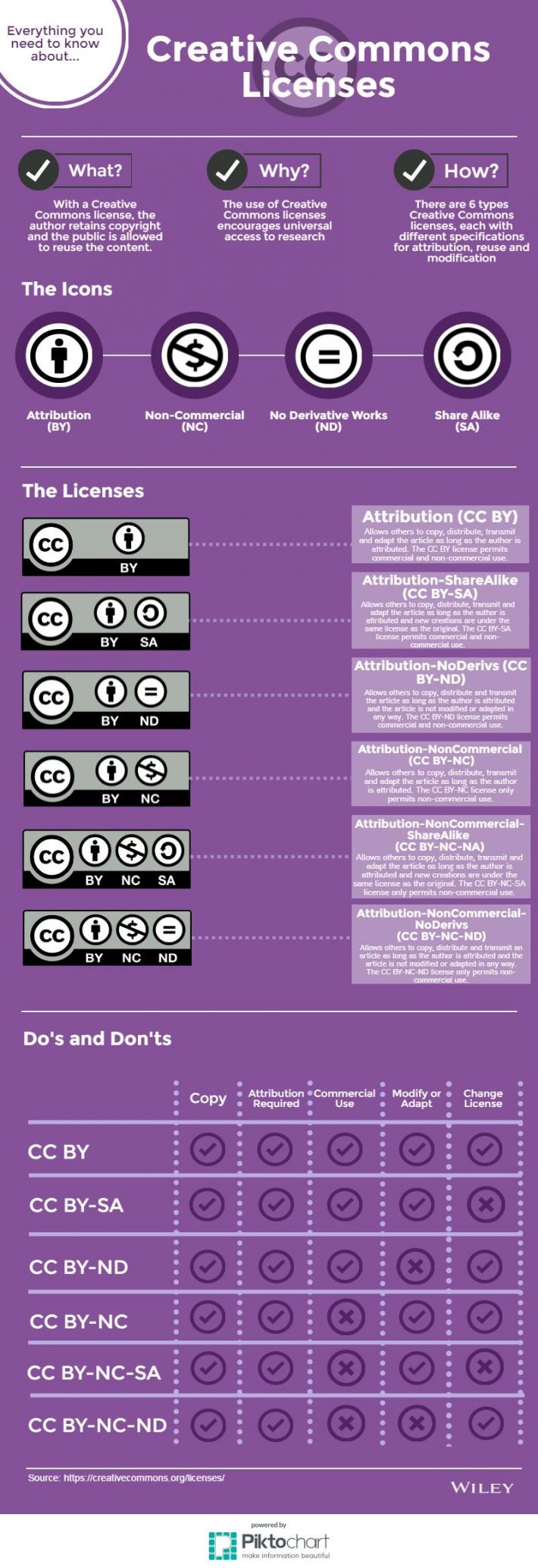External resources
Here you can find links to useful websites and wider publishing information beyond the British Ecological Society journals.
Understanding unconscious bias
Understanding open access
Publishing news
Committee on Publication Ethics (COPE)
Understanding unconscious bias
The British Ecological Society takes equality and diversity seriously. Everyone at the BES has a role to play in ensuring that individuals are valued, treated with dignity and respect and that discrimination does not occur.
Our own backgrounds, personal experiences, societal stereotypes and cultural contexts can have an impact on our decisions and actions without us knowing. Implicit or unconscious bias happens by our brains making incredibly quick judgements and assessments of people and situations without us realising.
As editors, you make important judgemental and decisions and therefore we want to make you aware of the need to consider unconscious bias.
The Royal Society produced this excellent three-minute video which we encourage you to watch: https://royalsociety.org/topics-policy/publications/2015/unconscious-bias/
Understanding open access
When you publish open access, your work can be read, seen and cited by everyone around the world, gaining you the visibility and impact your research deserves. There are six creative commons licenses each with different specifications for attribution reuse and modification as summarised in the infographic below. For details of the open access licenses offered by Wiley please see here.

Publishing news
To keep up-to-date with the latest trends in scholarly publishing we recommend following The Scholarly Kitchen, the blog from the Society for Scholarly Publishing.
Committee on Publication Ethics (COPE)
All BES journals are members of COPE (Committee on Publication Ethics), and will follow the principles and recommendations of COPE in the event of any alleged research or publication misconduct, including plagiarism or fabrication or falsification of results. For editors, COPE have created a flowchart to spot potential manipulation of the peer review process.